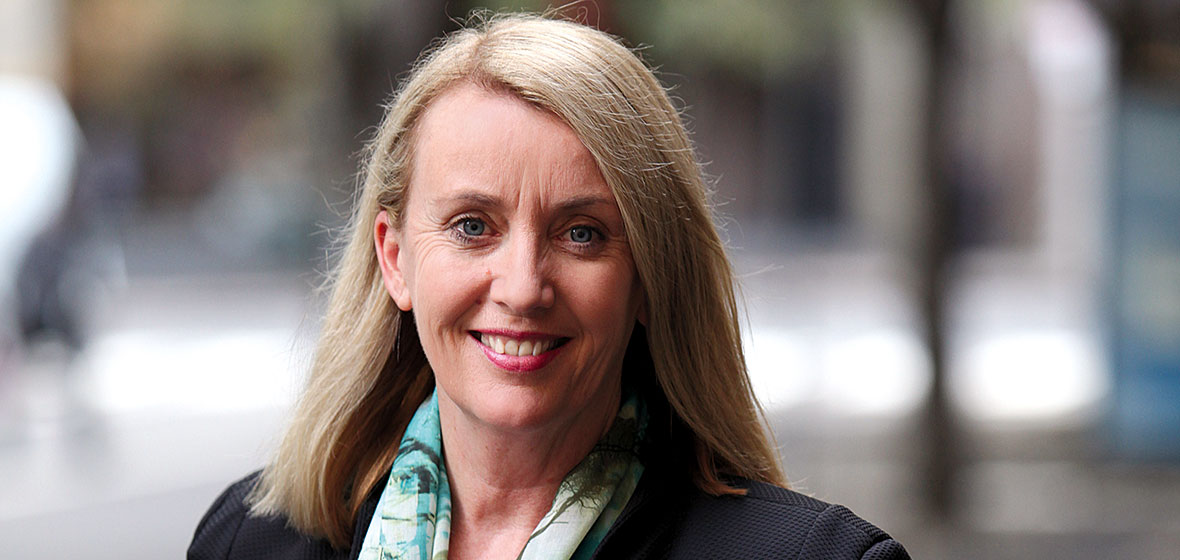Two floors below the courtroom in the John Madison Tower in Sydney sits a 15-year-old girl who is giving evidence via CCTV in a sexual assault case. Behind her sits Colleen Kerr, a usually smiley speech pathologist who looks very serious in court. Kerr is the first witness intermediary used in court in NSW. Her job is to improve communication between all parties in court. As the complainant hesitates and turns around, Kerr raises her hand and Judge Kate Traill asks what the problem is. “If a witness doesn’t understand the questions from the prosecutor or defence, it’s my job to let the judge know,” says Kerr. “I have to be completely impartial and am not permitted to discuss any of the evidence. In fact when I first meet the witness I don’t even know many of the details of the case.” The role is part of a revolution in how child sexual assault cases are dealt with in the Downing Centre and Newcastle District Courts. In August, the State Government appointed Judge Traill and Judge Jennie Girdham as specialist child sexual assault judges to deal almost exclusively with child sexual assault cases. The Children’s Champion program is the second part of the new approach. Kerr is one of 52 people trained for what is a
three-year trial program. “I had had some contact with the legal system with people with communication issues and I struggled with the fact that there was really no role that would facilitate communication in court,” Kerr says. “Some people require more time or need a certain kind of questioning. Witness intermediaries can flag this with the judge to make the court system fairer.” Last year, 6,223 sexual offence incidents involving a victim aged 15 or under were reported to NSW Police, compared with 4,581 in 2006. Of those, about one third were cleared up within 180 days of reporting and criminal proceedings began in about half of these cases. JANE SOUTHWARD reports.
“The role has two names: children’s champion and witness intermediary. The Criminal Procedure Amendment (Child Sexual Offence Evidence Pilot Act) makes reference to the role of children’s champion but it is also known as a witness intermediary. Personally, I favour calling it witness intermediary because children’s champion can suggest we are acting as an advocate in some way and we most definitely are not.
The role is to facilitate communication between all parties in the court process. I am not in court to act as an advocate but I am there to identify any specific communication needs of the witness and to make sure the court process allows them to participate fully.
It may be my job to interrupt the questioning if the witness cannot understand the questions or is confused, for example by the legalese. must seek permission from the judge to interject. I raise my hand and might say, ‘Your Honour, the word ‘nominate’ is unlikely to be familiar to the witness, could counsel use plain language?’
A common problem for children who are witnesses in child sexual assault cases is the use of tag questions, such as ‘X didn’t do this, did he?’ We are in an adversarial system, so by nature the defence does employ frequent tag questions. Open questions or direct questions with yes/no answers may be better as they are easier for children to understand. Counsel may not be happy with this recommendation because their intention is not necessarily to encourage elaborate responses.




